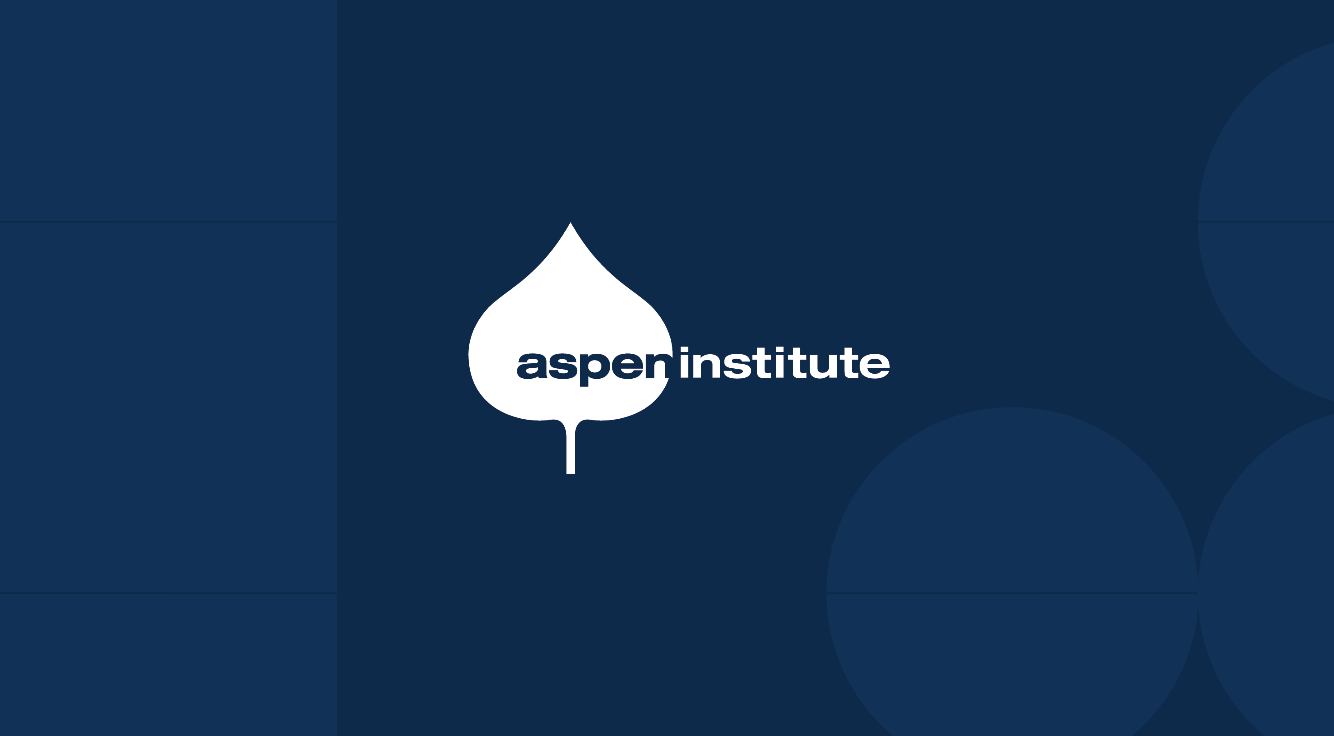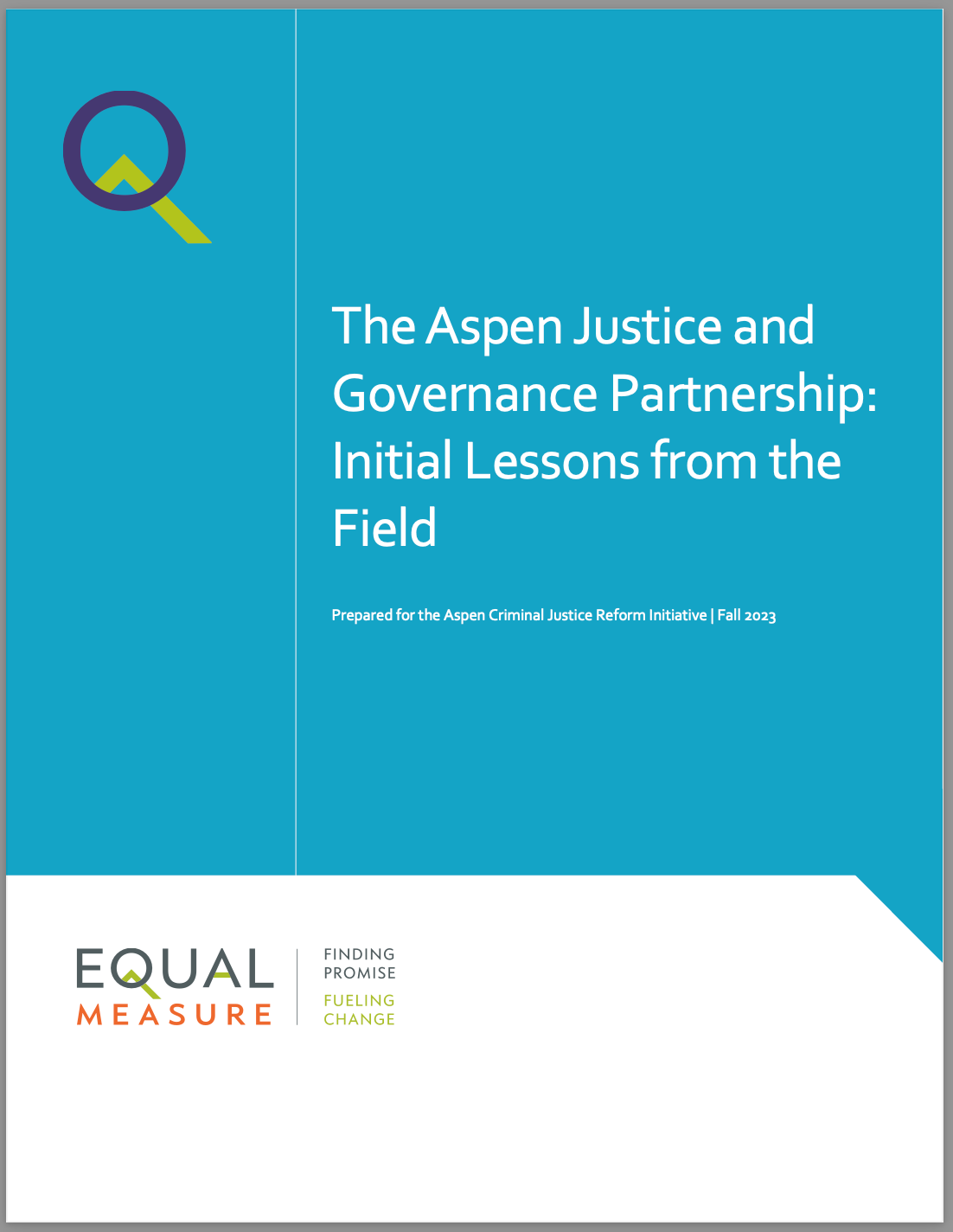Video has been removed at the request of the speaker.
What happens when you gather 350 thought leaders from across the globe and ask them to solve some of the biggest issues we face, from racial and economic inequality to injustice of all forms? It’s a tall order, but the annual Resnick Aspen Action Forum attempts to do just that in Aspen, CO, each summer. The four-day event features skills workshops and seminars all aimed at helping the leaders, Fellows within the Aspen Global Leadership Network, fulfill their “action pledges,” goals they set during the Forum to create positive change in their communities.
During the welcome lunch on Day One of the Forum, participants listened to an impassioned speech from Equal Justice Initiative Founder and Executive Director Bryan Stevenson inspired by the Forum’s 2016 theme, “Leading Toward Justice.” Stevenson encouraged those in attendance to take action against the injustices in their communities, offering an in-depth look into issues facing underserved and minority youth in the US and the underlying causes of racial prejudice.
“Our world is oftentimes disrupted by what I call the politics of fear and anger, and there is a lot of fear and there is a lot of anger,” Stevenson said. “And the combination of those two elements can create oppression and abuse.
If we really want to lean toward justice, if we want to move toward justice, if we want to implement action towards justice, there are some things that we have to do.”
Get closer to the issues
“We have too many people trying to problem-solve from a distance,” he continued. “And when you try to problem-solve from a distance you miss the details and the nuances of the problems and your solutions don’t work very effectively.”
Stevenson shared his story of his journey from a poor kid growing up in Alabama to his time at Harvard Law School, where he was faced with the choice of going into a career that was impressive on paper but uninteresting to him, or following his passion to fight for those who don’t get a fair shot in life. He would spend the next 30 years defending young prisoners on death row.
Taking a cue from his experiences working with underprivileged youth, Stevenson explained, “We have created narratives that allow us to disregard the plight and the needs of the most vulnerable children in our society. And I believe we have done a great injustice and we cannot change that injustice until we get proximate.”
“I believe all children are children. And when any society begins to throw away its children it is a society doomed to great injustice. “
Change the narrative
“I don’t think we’re free in this country. We’re burdened by our history. We have been creating this smog, this toxic result, this consequence of a history of racial inequality. And we can’t get free in this country until we change the narrative. We created this idea a long time ago that people are different based on their color and that narrative of racial difference is something we’ve got to confront.”
So how does one confront a long-standing narrative? According to Stevenson, talking about the ills of the past and their connection to today, truth and reconciliation as a nation are all needed before we can begin to change the American narrative on race.
Fight against hopelessness, ‘the enemy of justice’
Despite the myriad headlines of growing inequality and racial tensions, Stevenson cautioned against reacting with despair and to instead “protect your hope quotient.”
“Hope is what gets you to stand when other people say sit down,” he said. “Hope is what gets you to speak when other people say be quiet.”
Get uncomfortable
Stevenson said he realized the reason he works for change is not because of his professional training or desire to work on something important; he does it because, as he admitted, “I am broken too.” But that brokenness is not a crutch; it’s actually a useful tool in his work.
“In brokenness you understand something about compassion,” he continued. “It is the broken [who] understand the way justice really needs to work. It is the broken who understand why we need mercy. It is the broken [who] can show us how we make our commitment to justice actionable.”
But to truly fight for justice, one must be prepared for an uncomfortable journey. “There is no path to justice that is only comfortable and convenient,” Stevenson said. “We will not create justice until we’re willing to sometimes position ourselves in uncomfortable places and be a witness.”

